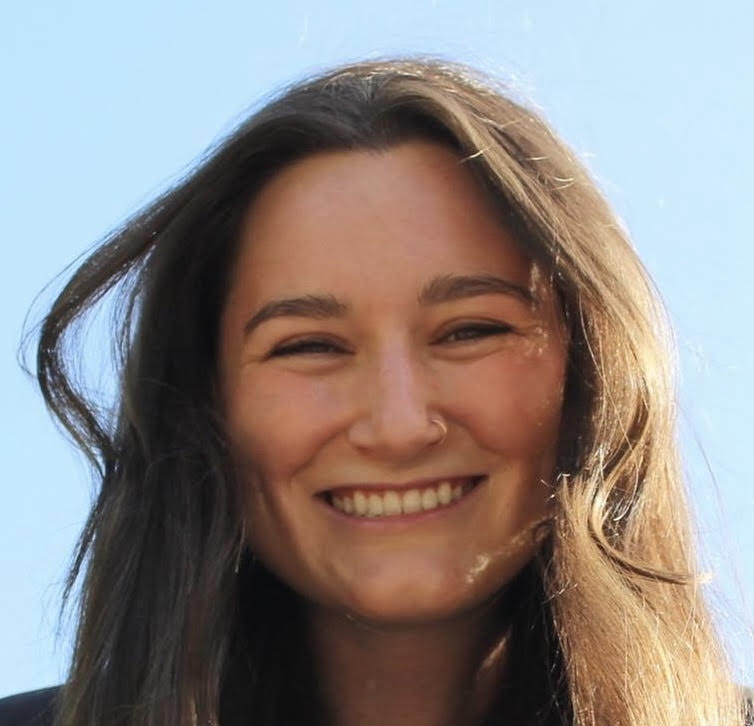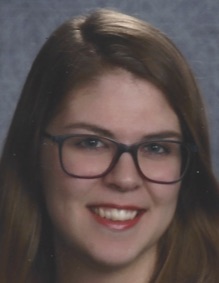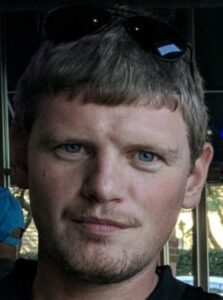Current Members
 | Grace MazaleskiGrace joined the INES PhD program at UNC Charlotte in Fall 2022 with dual bachelor’s degrees in earth and environmental science and in chemistry from Furman University, where she worked with George Shields on aerosol nucleation. She is from northern Maryland, near the Pennsylvania border. For her PhD research, Grace is using large observational datasets to quantify how, and to what extent, climate change is affecting surface-water scarcity differently from how it is affecting precipitation. Grace also enjoys gardening, running, and traveling with friends. |
 | Dr. Jack ScheffDr. Scheff was born and raised in the Chicago area and got his bachelor’s in mathematics from the University of Illinois at Urbana-Champaign, where he also discovered the joy of atmospheric science and minored in it. He went on to an M.S. and PhD in atmospheric sciences at the University of Washington in Seattle. Dr. Scheff then worked as an NSF postdoc at the Lamont-Doherty Earth Observatory outside New York City, and briefly as a policy fellow at the National Academies in DC, before joining the faculty here at UNC Charlotte in 2017. In his free time he likes to travel, play the piano, read, and enjoy the outdoors. |
Graduates
 | Zed Bates-NorrisZed graduated from our own B.S. in earth and environmental sciences in 2021 and returned for their M.S. in Fall 2022, graduating in Spring 2024. For their M.S. research, Zed studied how and why minority communities in North Carolina are disproportionately affected by freshwater flooding, including how climate change is increasing their flood risk from heavy 1-day rain events. This work won a student award from CleanAIRE NC’s annual NC Breathe conference in 2024. |
 | Xiaoyu BaiXiaoyu came to the INES PhD program in Fall 2018 from the University of Hawaii, where she got her M.S. in atmospheric science. She defended and graduated in Spring 2022, and is now a postdoc with Deepti Singh at Washington State University, working on climate change and mid-latitude weather extremes. For her dissertation, Xiaoyu discovered why the classic energetic theory for tropical ITCZ location does not work well in the TRACMIP monsoon modeling project, using a novel diagnostic framework involving curve shifts. In particular, she found that the key assumption of a relationship between total atmospheric energy transport changes and Hadley-cell energy transport changes often fails to hold. Xiaoyu is revising her study based on this work for re-submission to J. Climate. |
 | James Cody BurroughsCody graduated from our B.S. program in meteorology several years ago and then returned for an M.S. in Fall 2019, graduating in Fall 2021. He is now a meteorologist for DTN in Minnesota. For his M.S. thesis, Cody quantified and mapped long-term trends (since ~1948) in various percentiles of summertime dewpoint across hundreds of U.S. stations with long-term humidity records. He found that for both median (i.e. 50th) and extreme (e.g. 95th) percentiles, there is an unexpectedly large degree of regional variation across the U.S. in the strength and even sign of the trend. I published a study based on Cody’s results at Int. J. Climatol. in 2023. |
 | Rachel Maya RobinsonMaya joined our M.S. program in Fall 2019 with a B.S. in atmospheric science from North Carolina State University, and graduated in Fall 2021. She is now a Project Scientist at NOAA PSL in Boulder, working with Andrew Hoell on hydroclimate extremes. For her M.S. thesis, Maya built on Nick’s work (below) by comparing CMIP6 climate models’ satellite-era northern jet-stream trends and tropospheric warming gradients to observational estimates from reanalyses and the Microwave Sounding Unit. She found that unlike CMIP5 and previous model generations, the CMIP6 models successfully reproduce the observed weakening of the jet and tropospheric temperature gradient over the last four decades – yet they still project strengthening of these features in a high-emissions future! Maya published this work in Clim. Dyn. in 2023. |
 | Nicholas GoldenNick came to our M.S. program in Fall 2018 with a bachelor’s degree in atmospheric science from the Geography, Planning & Environment department at East Carolina University, and graduated in Fall 2020. He is now working on his PhD with Jing Zhang at North Carolina A&T State University, on climate change and tropical cyclones. For his M.S. thesis, Nick successfully quantified the relationship between the meridional warming gradient and the jet-stream response to climate change across CMIP5 models. He found that the warming gradient in the free troposphere (rather than near the surface) was critical, and that different models’ ensembles simulated clearly different warming gradients, and thus differing jet responses. Nick’s work set up Maya’s Clim. Dyn. study described above, on which he is a co-author. |